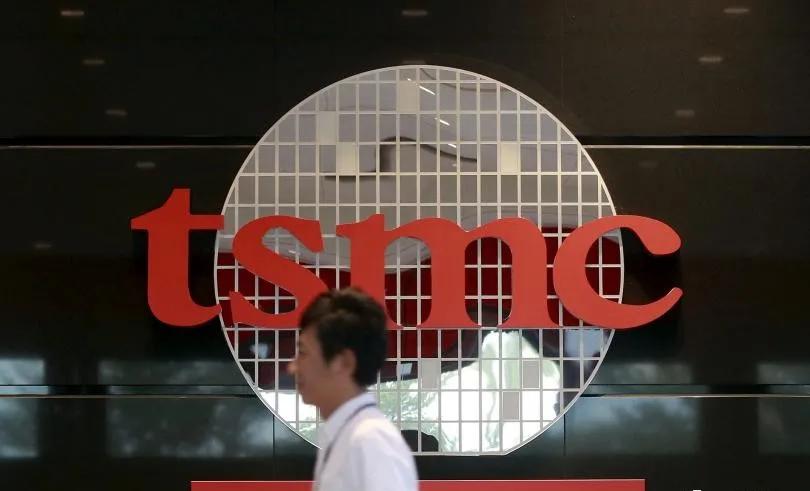Under the cultural rush, TSMC's United States wafer fab is full of difficulties
Xinzhixun
2024-08-09 12:41Posted on the official account of Guangdong Xinzhixun

News on August 9, the world's leading wafer foundry TSMC's first 4nm wafer fab in Arizona, United States, was originally scheduled for mass production in 2024, but then postponed to 2025. The reason given by TSMC officials is the lack of skilled workers in the local area. However, according to the latest report of the New York Times, the start-up and operation of TSMC's wafer fab in Arizona, United States, is much more difficult than expected due to regional cultural differences.
A big problem, the report, is that TSMC has been trying to do things the way Taiwan, China, even in the United States. In Taiwan, TSMC is known for extremely strict work requirements, including working 12 hours a day that extends into weekends, and often calling employees to work in the middle of the night to respond to emergencies.
TSMC seems to have realized that Taiwan's workaholic culture doesn't apply to United States, at least without major changes to create a more balanced work-life equation. After all, the company has scaled back meetings at United States fabs and is trying to reduce the workload of United States employees.
In addition, TSMC's managers in Taiwan use strict management measures and threaten workers with dismissal for relatively minor mistakes. TSMC quickly learned that this approach would not work in the United States either. Recent reports suggest that the company's workforce in Arizona is leaving the new plant because of these "perceived abuses," and TSMC is working to fill those vacancies. TSMC has relied heavily on employees brought in from Taiwan, with nearly half of its current 2,200 employees in Phoenix being transplanted from Taiwan.
The move to start manufacturing chips in Arizona is seen as a way to boost United States' advanced chip manufacturing and reduce dependence on imports from China's Taiwan. This is considered crucial given the rising tensions between United States, Chinese mainland and Chinese Taiwan. United States Commerce Secretary Gina M. Raimondo has previously said that 92 percent ·of the country's advanced chips come from Chinese Taiwan.
TSMC has committed to investing $65 billion to build three advanced process fabs in Arizona, United States. The United States Department of Commerce will provide $6.6 billion in subsidies under the CHIPS and Science Act. TSMC will create 6,000 jobs at the facility. Eventually, TSMC is also eager to reduce the ratio of Chinese immigrants to local employees in Taiwan fabs in Arizona.
"We want to make this plant a successful one and one that is sustainable," said Richard Liu, director of employee communications and relations at the Arizona plant. "Sustainability means we can't continue to rely on China, Taiwan to send people here."
At the heart of TSMC's struggles, however, is that it is trying to attract and retain the top 1% of talent in the United States while their salary levels stay around the top 20%. This is an unsustainable paradigm, especially as chipmakers compete directly with highly regarded startups, hedge funds, and investment banks to attract this talent. On the other hand, talent at TSMC's Asthena fab also faces competition from Intel, which is also in the region.
To solve this problem once and for all, TSMC will either offer a decent package or try to establish extensive partnerships with United States universities and then provide in-house training. However, the former approach works quickly, but it can significantly increase costs; The latter option is time-consuming.
Editor: Xinzhixun-Rogue Sword
View original image 308K
-

Under the cultural rush, TSMC's United States wafer fab is full of difficulties